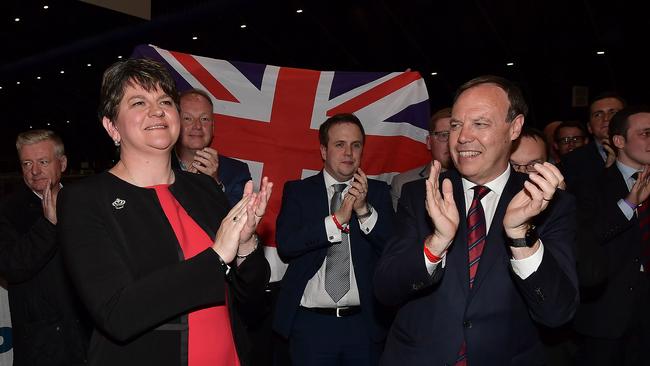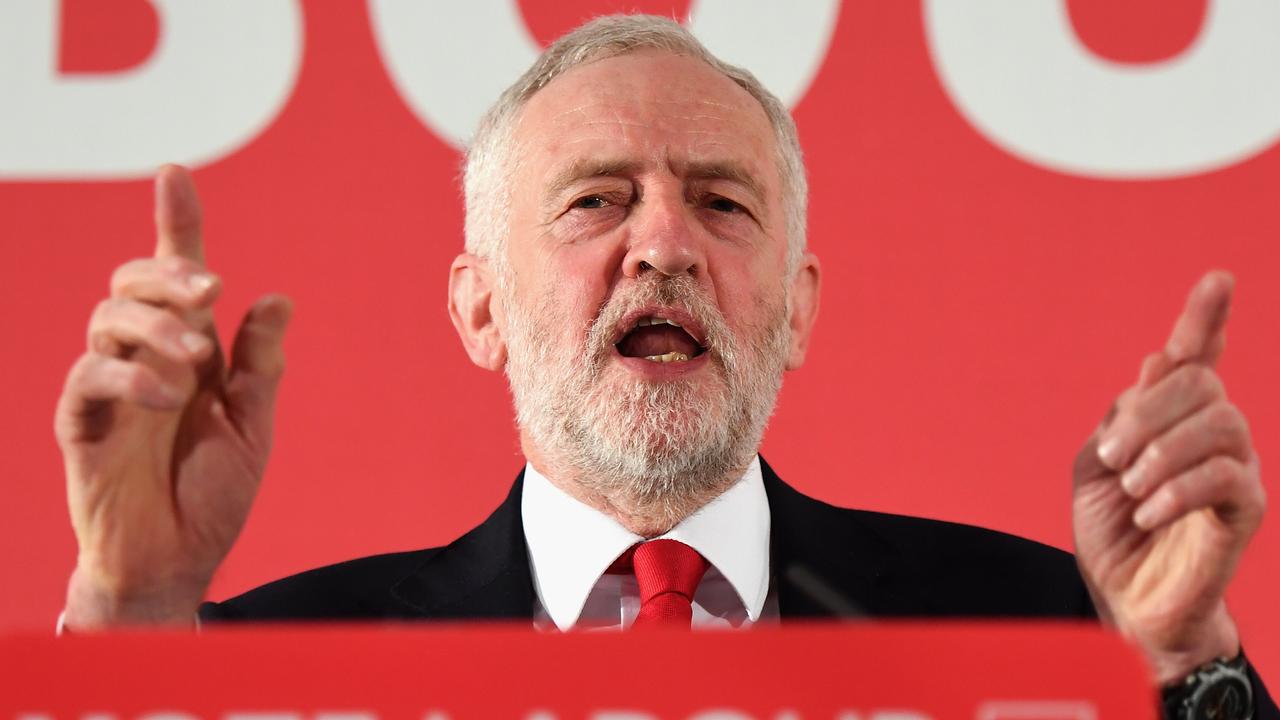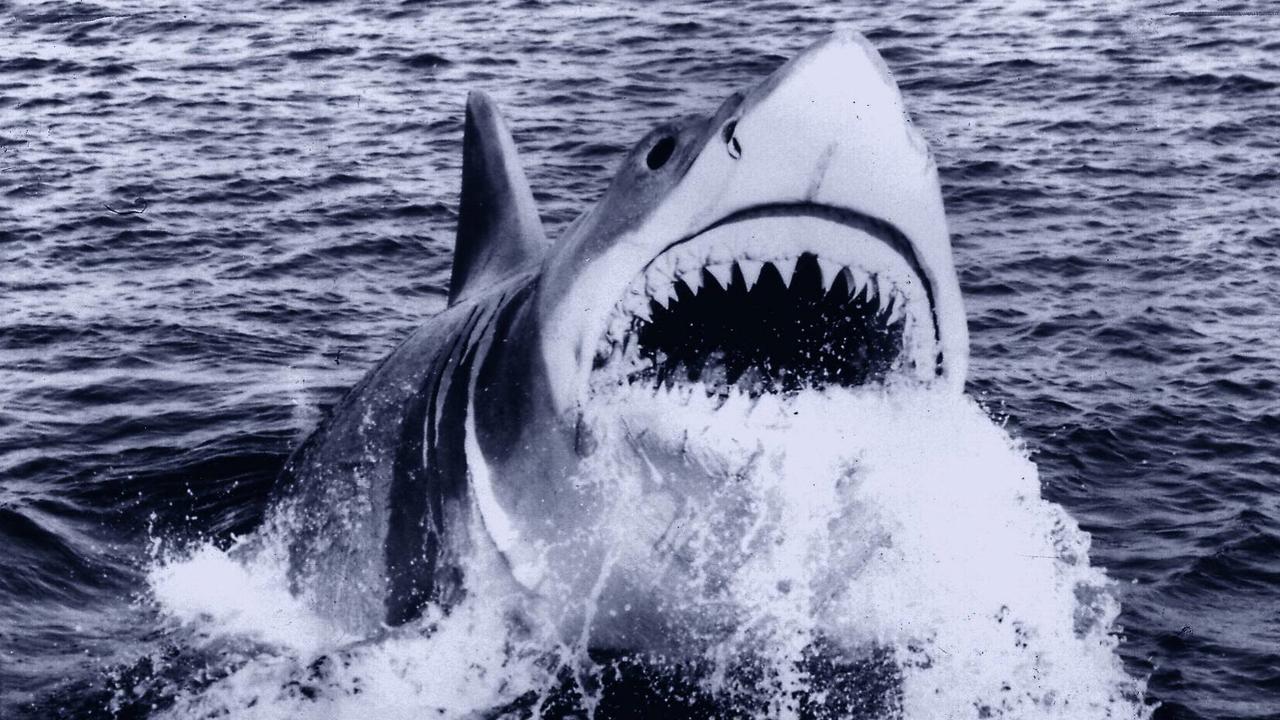UK election 2017: Kingmaker role handed to Northern Ireland ‘conservatives’
The Northern Ireland Democratic Unionist Party has emerged as the most likely way the Conservatives can retain power.

The right-wing nationalist Northern Ireland Democratic Unionist Party, which opposes same-sex marriage, abortion and a “hard Brexit”, emerged as the way for the Conservative Party to cling to power in a hung parliament.
With the Conservatives on track to win perhaps 319 seats — just short of a majority — they negotiated a deal with the DUP, which had won 10 seats.
Yet this party, known for its social and fiscal conservatism, and Euroscepticism, could still cause the government significant headaches. After the May 2010 election had failed to leave any party with a parliamentary majority, the centre-right Conservatives formed a coalition with centrist Liberal Democrats.
David Cameron became prime minister and Nick Clegg his deputy.
A loose coalition will be much harder this time. The DUP, founded by Ian Paisley and other members of the Protestant Unionist Party in 1971, opposes same-sex marriage and is eager to ban abortion.
It is fiscally conservative and strong on defence, backing the nuclear deterrent policy.
The biggest headache might be the negotiations with Brussels. The DUP has made it clear it opposes a “hard Brexit” and favours “a workable plan to leave the European Union”.
It is opposed to constructing a “hard border” with the Republic of Ireland.
So as Theresa May — if she survives — begins talks about exiting the EU, her parliamentary support may be dependent upon a party that does not want to do anything to jeopardise Ireland’s peace process.
After all, Northern Ireland voted to Remain by 56-44 per cent last year. Another complication is the DUP’s relationship with Sinn Fein — effectively the political wing of the IRA — which won seven seats in the election, gaining three, but does not sit in the House of Commons in accordance with its policy of abstentionism.
The parties have had strong differences in the past but recently shared power in the Northern Ireland Assembly.
So although Northern Ireland MPs will help keep the Conservatives in power, it will not be with the support of Sinn Fein.
But nor is Sinn Fein likely to support the very remote possibility of a minority Labour government.
On election night, Sinn Fein president Gerry Adams praised Jeremy Corbyn as “a politician of principle” but reaffirmed the longstanding policy of not taking seats in Westminster.
This had the added impact of reducing the number of seats the Conservatives needed to form a minority government.
Since the early 1900s, Sinn Fein MPs have used abstentionism as a strategy to emphasise the party’s support for Irish independence from Britain. Its MPs refuse to swear allegiance to the Queen.
However, they do have offices and staff paid for by British taxpayers. Sinn Fein MPs also collect several administration allowances but are not paid a salary.
DUP leader Arlene Foster had made it clear she would not deal with Labour — which could not realistically form a minority government in any case — but would do a deal with the Conservatives.
The Conservative Party leadership had to ask itself what it was prepared to do reach agreement with the party that found itself holding the balance of power in the House of Commons.
Survival was at stake. The DUP gained two seats in the election to hold 10 overall and found itself as the kingmaker in Westminster.




To join the conversation, please log in. Don't have an account? Register
Join the conversation, you are commenting as Logout